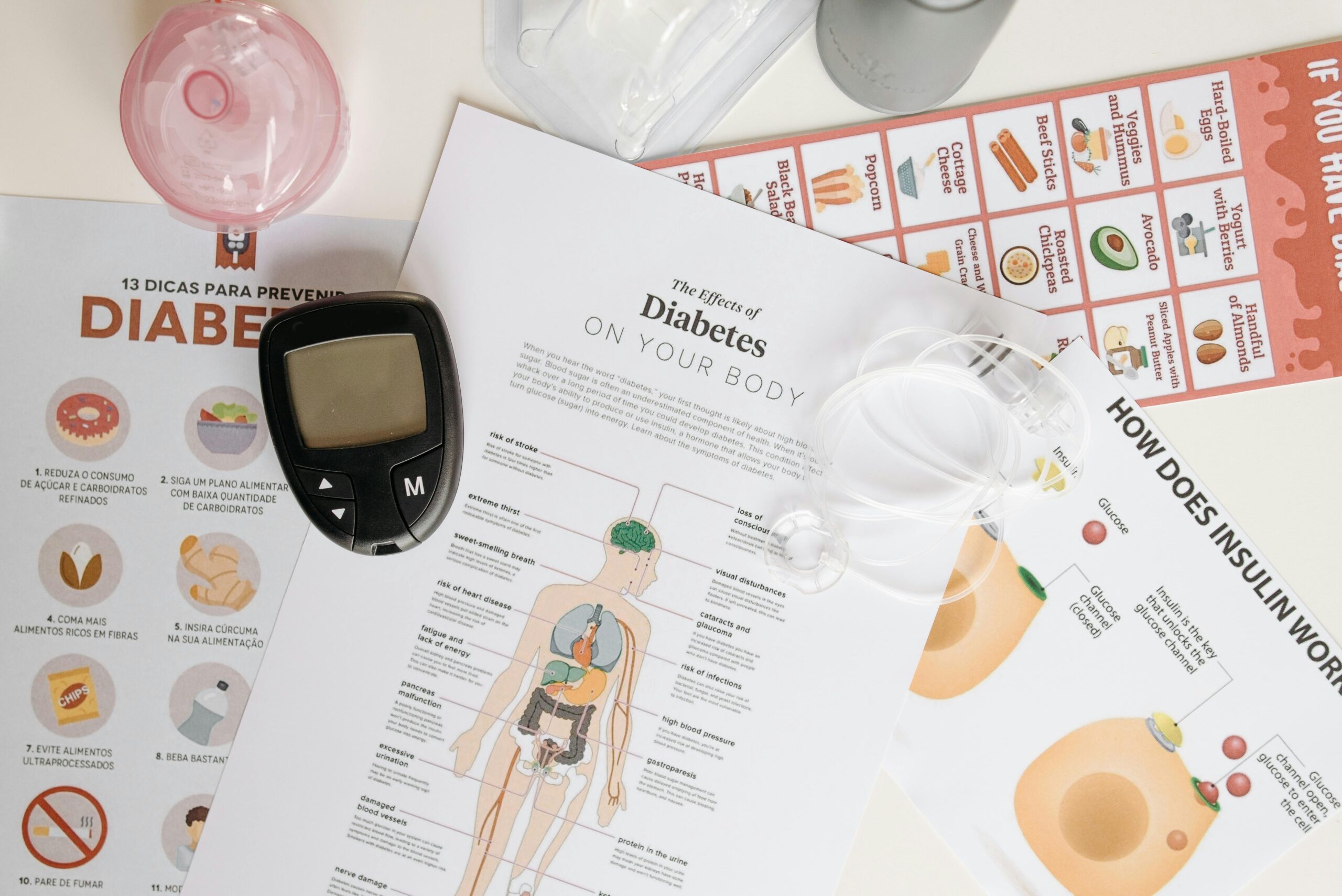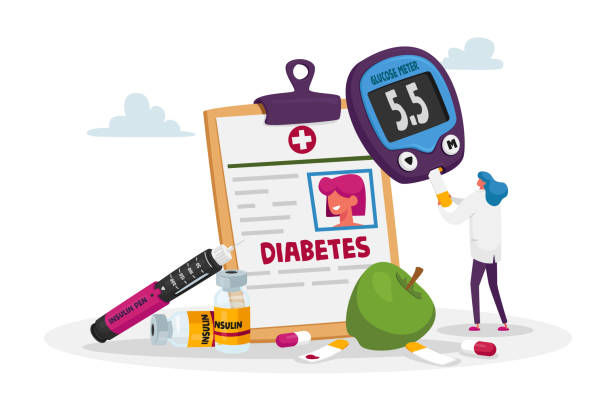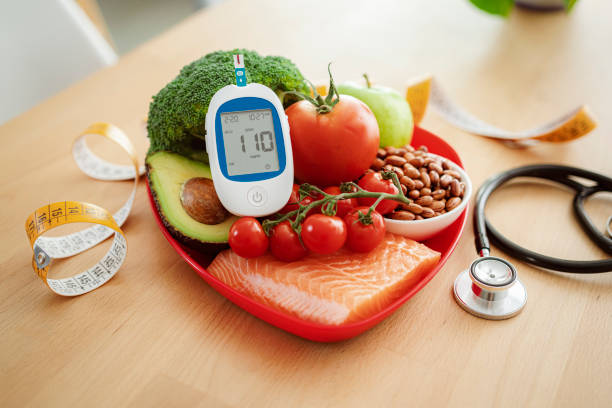
What Is Diabetic Kidney Disease?
Chronic kidney disease brought on by diabetes is known as diabetic kidney disease.The function of the kidneys gradually deteriorates in chronic kidney disease (CKD). Along with high blood pressure and obesity, hyperglycemia, or elevated blood sugar, is a major risk factor for kidney injury in individuals with both type 1 and type 2 diabetes. Although diabetic kidney disease cannot be cured and kidney damage cannot be reversed, some treatments, such as blood glucose control, medication, and lifestyle changes, can help decrease the rate at which kidney function declines.However, kidney failure brought on by diabetic kidney disease may require kidney transplantation or dialysis to filter the blood.




